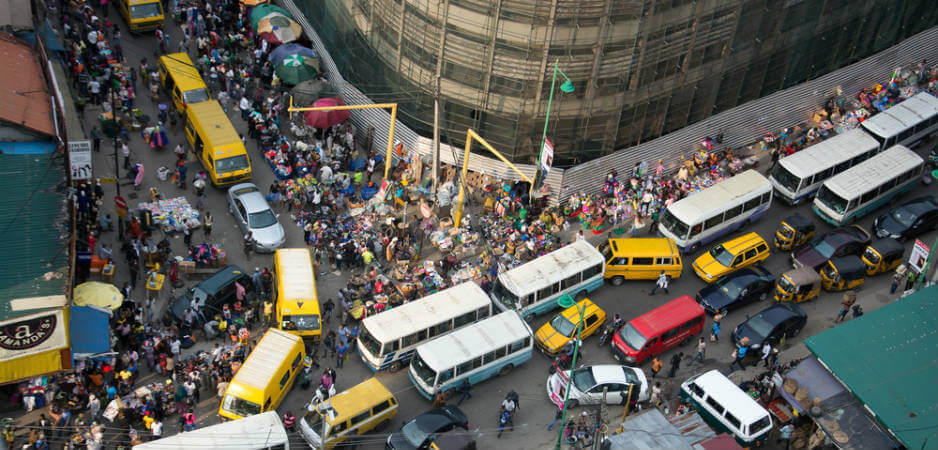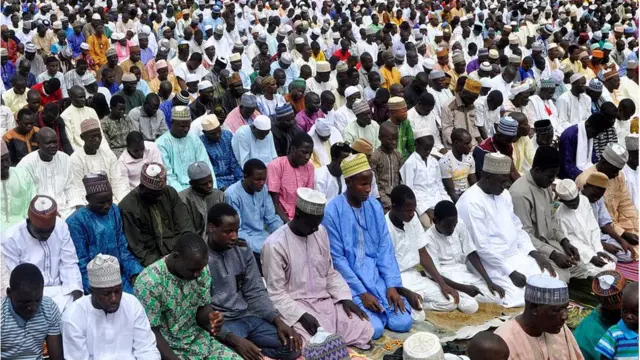The deplorable state of Nigerian roads has continued to aid violent attacks on commuters resulting in loss of lives, injuries and kidnappings, according to Nextier’s special report on Dangerous Highways, which also affirmed December as the most dangerous month in that regard.
According to the latest report, Nigerian commuters are more likely to experience more violent attacks in the form of armed robbery, kidnapping and/or rape on the following highways:
Join our WhatsApp Channel
- Sokoto-Gusau
- Akure-Akoko
- Loko-Oweto
- Okpella-Auchi-Okene
- Obajana-Kabba
- Okigwe-Uturu
- Abuja-Kaduna
- Zaria-Kaduna
- Maiduguri-Damaturu
- Akure- Ilesa
Its latest findings based on research questions posed to commuters and drivers identified December as the ‘darkest’ month with highest record of attacks, while 27.06 per cent and 18.82 per cent of drivers believe that November and January are the second and third most unsafe months, respectively.
Nextier SPD’s robust database on violent conflicts in Nigeria tracks local and international media-reported security incidents in Nigeria. The survey data comprised extrapolated information on violent highway attacks from its database and field survey of road users across Nigeria. it also collected data from commercial drivers at Abuja’s motor parks/bus terminals in Jabi, Utako, Zuba and Mararaba because vehicles from these locations ply virtually part of the country.
Nextier says the data collection process entailed administering a standard questionaire via its proprietary real-time data collection app during which the team adhered to risk mitigation measures, including COVID-19 precautions.
Questions were anchored on which months constituted the most attacks; the condition of the highways where attacks occurred most; the most prevalent threat on then highways; whether drivers were also attacked on highways; whether the driver knew another who had been attacked; whether attacks happened with security checkpoints in place; who got the most attacks between the drivers and passengers; and whether roads where attacks occurred were surrounded by forests.
It was found that attacks are more likely to happen on highways with ‘bad’ or ‘terribly bad’ condition, as nearly 80 per cent of the respondents affirmed. At least, 44.71 per cent of the respondents agreed that most of the attacks would likely happen on highways in bad condition, while 34.12 per cent said it happened more on roads in ‘terribly bad condition’.
Despite massive allocation to road construction and maintenance, Nigeria still faces inadequate road infrastructure. the study also highlighted. For example, in 2021, the Federal Government allocated nearly half a trillion naira (N460 billion) to construct and rehabilitate roads its six geopolitical zones. Yet, with the largest road network in Africa, Nigeria has paved only about 60,000 kilometres of its estimated 195,000, kilometres road network.
Also worthy of mention is the Nextier SPD’s findings on how forests provide the cover and succor for the attackers to lay ambush on the identified highways. The forests provide hideouts for launching attacks in an ambush as, according to the study, 64.71 per cent of the respondents affirmed that most attacks happened in road locations surrounded by forests, while 35.29 per cent believe otherwise.
While 58.82 per cent of drivers say that the most prevalent threat on roads is armed robbery, 41. 18 per cent believe it’s kidnapping. Similarly, 55.29 per cent of drivers say they have been attacked , while 93 per cent know other drivers that have been attacked. 84 per cent think that the divers and passengers are equally the main victims of the attacks; 12.94 per cent think that the passengers are the main victims, while 2.35 per cent say the drivers are.


















Follow Us